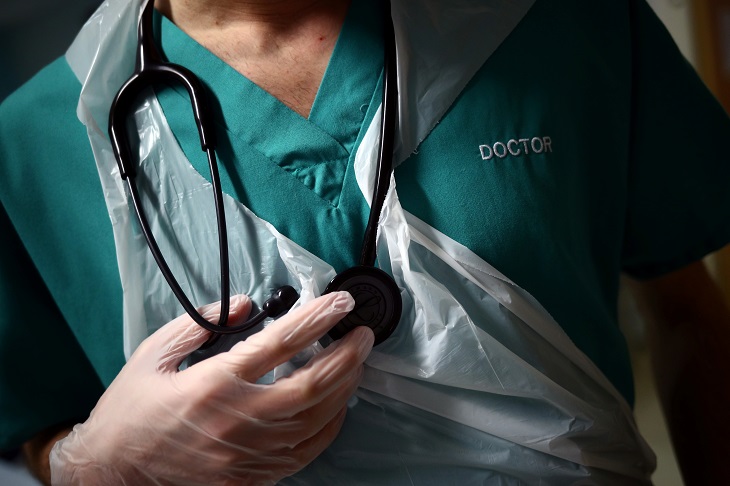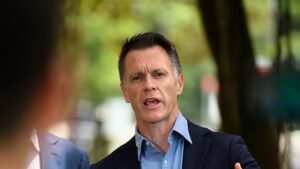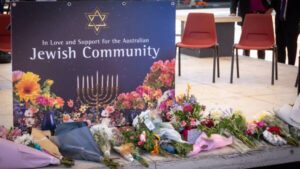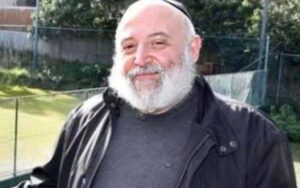
BLACKBURN, ENGLAND - MAY 14: A Junior Doctor holds his stethoscope during a patient visit on Ward C22 at The Royal Blackburn Teaching Hospital in East Lancashire, during the current coronavirus disease (COVID-19) epidemic, on May 14, 2020 in Blackburn, England. (Photo by Hannah McKay - Pool/Getty Images)
UPDATE: The suspension of Melbourne GP Dr. Jereth Kok has ignited urgent calls for reform in Australia’s medical regulatory system. For over six years, Dr. Kok has been barred from practicing medicine, not due to clinical misconduct, but for private online posts made years prior to any formal complaints.
This alarming case highlights a disturbing trend in the treatment of health professionals. The Australian Health Practitioner Regulation Agency (AHPRA) suspended Dr. Kok in 2019 based on complaints from anonymous sources, despite no patient complaints or clinical issues on his record. His path to justice has been marred by a slow, punitive regulatory process that has devastated his career.
In a mid-2025 ruling, the Victorian Civil and Administrative Tribunal (VCAT) found Dr. Kok guilty on about two-thirds of the allegations against him. Critics argue that the tribunal’s decision compromises fundamental civil liberties, applying a rigid standard of ‘professional conduct’ that disregards context. AHPRA reportedly monitored Dr. Kok’s online activity even before any complaints were filed, raising questions about the motives behind this surveillance.
The financial burden of this regulatory regime falls on the medical profession itself. Doctors are required to pay substantial registration fees, which are being used to fund AHPRA’s legal battles against its own members. This raises concerns about accountability, as there is little financial transparency regarding how these funds are allocated.
The emotional toll of such investigations is severe, with many health professionals experiencing debilitating mental distress. Tragically, some have even taken their own lives due to the pressure of prolonged scrutiny. Dr. Kok’s resilience in rebuilding his career outside of medicine is a remarkable achievement, but many others have not fared as well.
Dr. Kok’s case is not just a personal struggle; it represents a collective crisis within the medical community. If the profession remains silent while regulators stifle dissent and operate without oversight, it risks succumbing to ideological enforcement disguised as public safety.
Immediate reforms are essential. Proposed changes include:
– Independent oversight of AHPRA and medical tribunals
– Clear timelines for investigations and decisions
– Abolishing anonymous complaints without clinical basis
– Limiting the regulator’s power to initiate costly legal actions
– Protecting lawful speech, especially in private settings
– Ensuring financial transparency in registration fees
– Establishing support systems for practitioners under investigation
The very essence of the medical profession—its ability to reason, question, and express dissent—is under threat. Dr. Duncan Syme, president of the Australian Medical Professional Society, has called for unity within the medical community: “Enough is enough.”
The stakes are high as doctors across all specialties are urged to join the fight for reform. The time to act is NOW.





